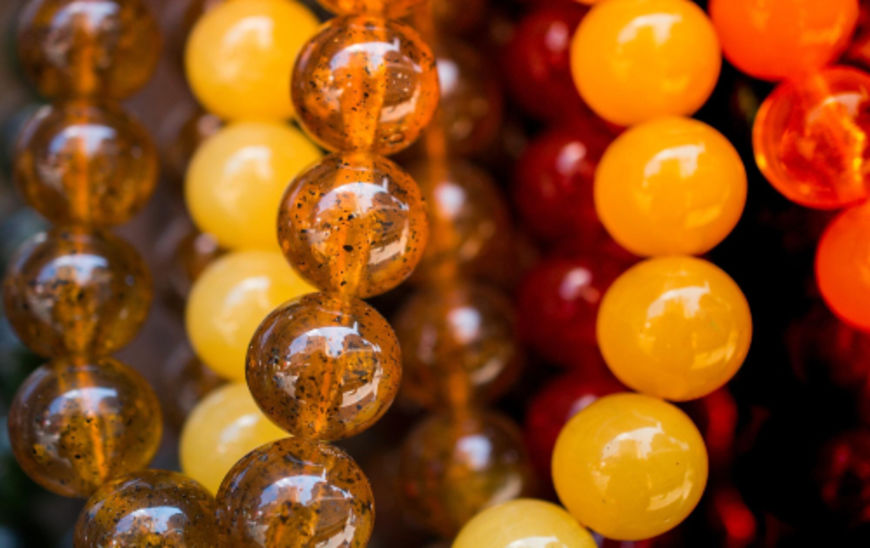
The Misbaha, also known by various names such as Tasbih, Sibha, or Subha, holds a place of profound significance in the spiritual life of Muslims. This string of beads is more than just an accessory; it is a tool for performing Dhikr, the remembrance of Allah, and a means to cultivate mindfulness, gratitude, and devotion.
Misbaha and Tasbih prayer beads play crucial roles in the spiritual practices of Muslims. While the Misbaha, with its 99 beads, is often used for more extended periods of prayer and meditation, the smaller Tasbih, with 33 beads, offers convenience for shorter prayers and on-the-go use. Regardless of their size or material, these prayer beads serve as powerful tools for fostering mindfulness, spiritual growth, and a deeper connection with Allah.
The Misbaha's history is deeply rooted in Islamic tradition. Its origins can be traced back to the early days of Islam when the Prophet Muhammad (peace be upon him) encouraged the practice of Dhikr to his followers. Over time, Muslims adopted the use of beads to aid in this practice, helping them keep count of their recitations. The exact time when the Misbaha came into widespread use is not precisely documented, but it has become an integral part of Islamic worship and culture.
Dhikr, an Arabic term meaning "remembrance," holds a profound place in Islamic spirituality and practice. It is the act of remembering and invoking Allah through specific phrases, prayers, and recitations. Dhikr serves as a means to cultivate a deep connection with Allah, fostering spiritual growth, mindfulness, and inner peace. This chapter delves into the essence of Dhikr, its significance in Islamic worship, various forms of Dhikr, and its impact on the spiritual life of a Muslim.
What is an Amber Misbaha?
An Amber Misbaha is made from amber, a fossilized tree resin known for its warm, honey-like color and pleasant scent. Amber has been cherished for centuries for its beauty and supposed healing properties. When used in a Misbaha, amber beads can provide a unique and enriching sensory experience, adding to the spiritual depth of Dhikr.
Steps to Use a Misbaha for Dhikr
- Select Your Phrases: Begin by choosing the phrases you wish to recite. Common Dhikr phrases include: Subhanallah (Glory be to Allah), Alhamdulillah (All praise is due to Allah), Allahu Akbar (Allah is the Greatest), La ilaha illallah (There is no god but Allah)
- Hold the Misbaha: Hold the Misbaha in your right hand. Start at the first bead next to the larger, often more elaborately designed marker bead (known as the Imām bead).
- Recite and Move: With each recitation of your chosen phrase, move your fingers to the next bead. For example, say "Subhanallah" and move to the next bead, repeat until you reach the end of the string.
- Complete the Cycle: If using a 99-bead Misbaha, you will complete your cycle after 99 recitations. For a 33-bead Misbaha, you will need to repeat the cycle three times to achieve 99 recitations.
- Reflect: After completing the Dhikr, take a moment to reflect on the meaning of the phrases and the connection with Allah. This reflection enhances the spiritual benefit of the practice.
Benefits of Using a Misbaha
Using a Misbaha offers several benefits during Dhikr. The tactile sensation of moving the beads helps maintain focus and prevents distractions, enhancing concentration. It ensures consistent practice by keeping an accurate count, allowing you to concentrate on the quality of your recitations rather than tracking numbers. Additionally, the repetitive nature of Dhikr using a Misbaha can deepen your spiritual connection, fostering a sense of peace and mindfulness. Among our assortment, there is a large number of amber rosaries, which you can choose according to any preferences.
The Unique Qualities of Amber Misbaha
- Sensory Experience: The warm, smooth feel of amber beads, combined with their natural fragrance, can enhance the meditative experience of Dhikr.
- Aesthetic Appeal: Amber beads come in a variety of shades, from pale yellow to deep brown, adding an element of natural beauty to your Misbaha.
- Perceived Healing Properties: Amber has been believed to have calming and healing properties, which can further enhance the spiritual benefits of your Dhikr practice.
Tips for Effective Dhikr with a Misbaha
- Find a Quiet Place: Performing Dhikr in a calm environment can enhance your concentration and spiritual experience.
- Set a Regular Time: Incorporating Dhikr into your daily routine, such as after prayers or before bed, can help make it a consistent habit.
- Stay Mindful: Rather than rushing through the recitations, focus on the meaning of each phrase and your intention behind the Dhikr.
Caring for Your Amber Misbaha
Proper care is essential to maintain the beauty and longevity of your amber Misbaha. Amber is a delicate material that requires gentle handling to preserve its unique luster. First, avoid exposing your Misbaha to harsh chemicals such as perfumes, cleaning agents, or acidic substances, as these can damage the surface of the beads. Cleaning should be done with a soft, damp cloth to remove dirt or oils, followed by gentle drying with a microfiber towel. Keep your amber Misbaha away from prolonged exposure to direct sunlight or excessive heat, as these can cause the beads to become brittle or lose their natural shine. When not in use, store your Misbaha in a soft pouch or a jewelry box with a fabric lining to protect it from scratches or accidental damage. Finally, if a bead breaks or the string becomes worn, consult a professional for repairs to ensure the integrity of your Misbaha is preserved. Taking these steps will help your amber Misbaha remain a cherished and functional tool for Dhikr for years to come.
The Misbaha is more than just a string of beads; it is a powerful tool for spiritual growth and mindfulness. By using the Misbaha for Dhikr, Muslims can enhance their connection with Allah, find peace in their daily lives, and maintain a consistent practice of remembrance. The Amber Misbaha, with its unique sensory qualities and natural beauty, can provide an even richer and more fulfilling Dhikr experience. Whether you are a beginner or an experienced practitioner, the Misbaha can guide you in your journey of faith and spirituality.
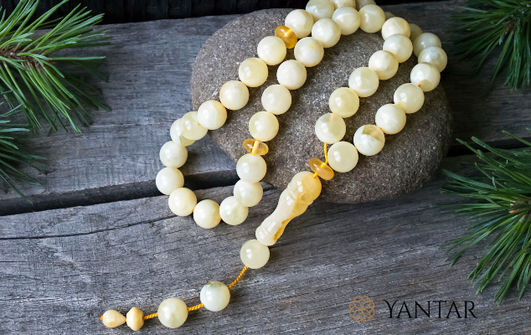
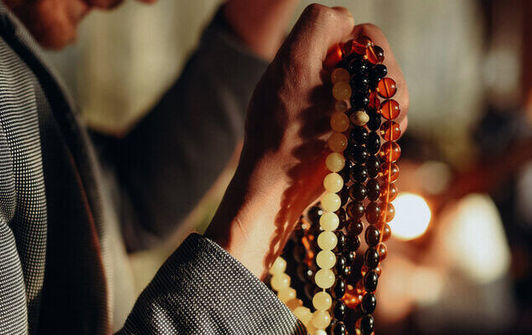
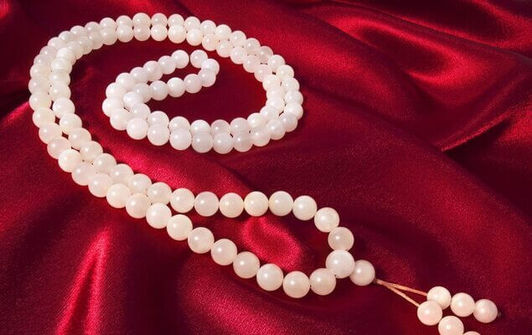

 Jewelry
Jewelry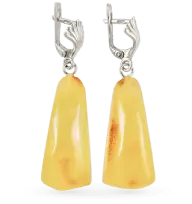 Silver amber jewelry
Silver amber jewelry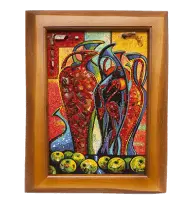 Amber pictures
Amber pictures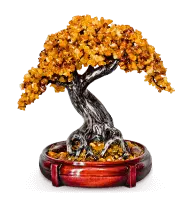 Souvenirs
Souvenirs